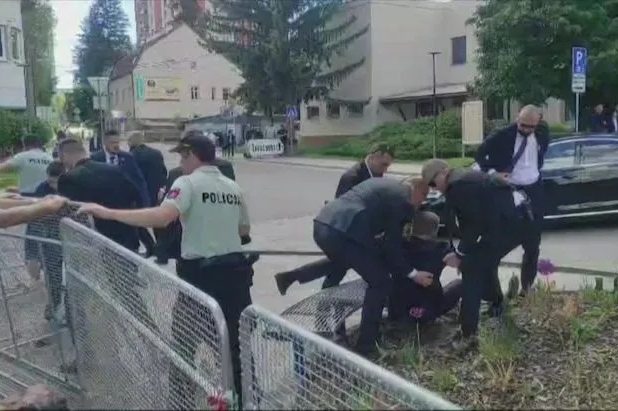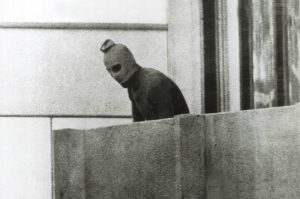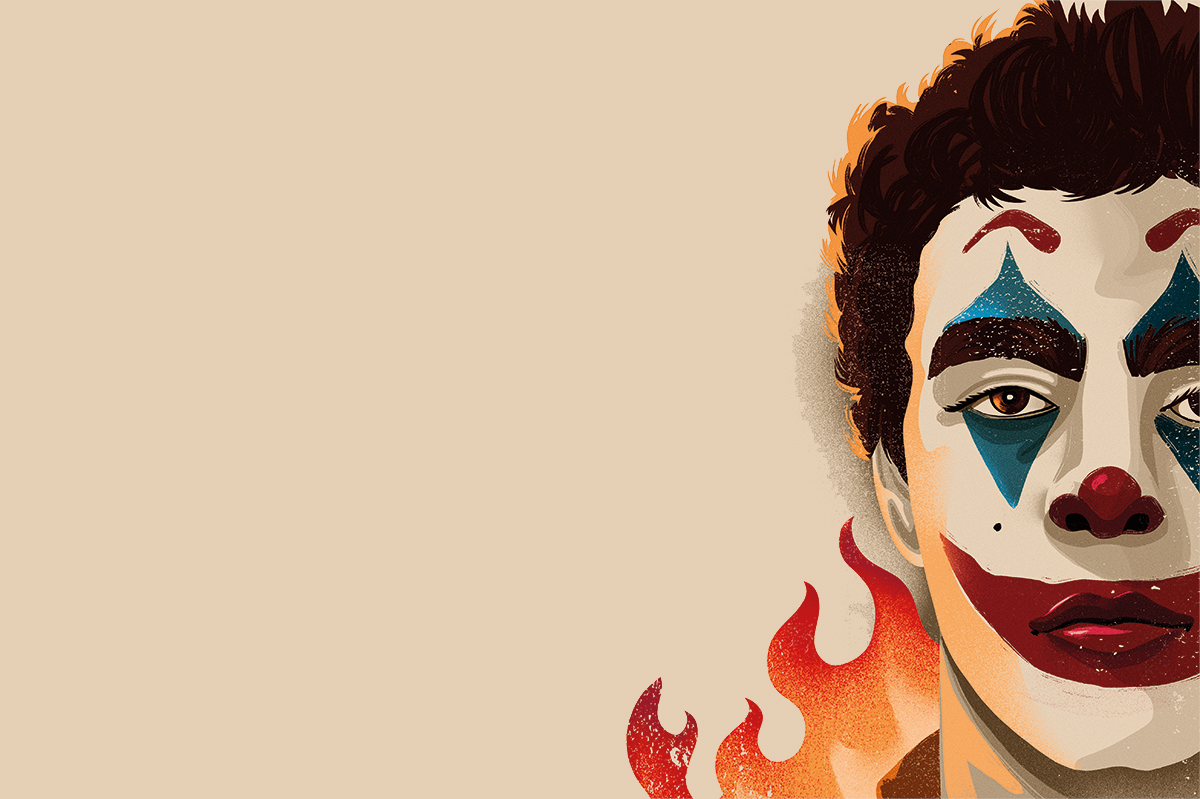Slovakia’s prime minister Robert Fico is fighting for his life in hospital after being shot several times. While it is impossible to fully flesh out the consequences of today’s assassination attempt, it is safe to say that the event is a dramatic game changer for Slovak, and potentially for Central European, politics.
During a meet and greet with the public following a cabinet meeting in the small mining town of Handlová, a man reportedly shouted at Fico, “Rob, come here,” before shooting at him three or four times aiming at his chest and abdomen. The prime minister fell on the ground before being taken by his protection officers to the car and then on to the hospital in Banská Bystrica. His alleged attacker has been arrested.
The assassination attempt has, unsurprisingly, horrified Slovaks of all political stripes. Political violence has not been a regular feature of politics in Central Europe. To find an example of an assassination of a truly prominent political figure in Slovakia — or rather in Czechoslovakia — one may need to go back to 1923, when an anarchist shot the finance minister Alois Rašín in Prague.
;768:[300×250,336×280,320×100];0:[300×250,320×100,320×50]”]When such things do happen in this part of the world, they shake societies to their core, oftentimes sharpening existing divides. While not an assassination, the Smolensk air disaster of 2010, which killed Poland’s sitting president Lech Kaczyński alongside scores of other officials continues to cast a shadow over Polish politics to this day, feeding a plethora of conspiratorial narratives.
In early 2018, the Slovak investigative journalist, Ján Kuciak, and his fiancée, Martina Kušnírová, were murdered by assassins likely hired by those angered by Kuciak’s reporting. The event led to the downfall of Fico’s government later that year. The absence of closure and accountability for those who ordered the killing continues to haunt Slovak politics.

Fico is not just a politician. He has been the central figure of Slovak politics for the past twenty years. Ruthless and polarizing, he has defined the key themes of Slovak political life and served as the main power broker of four governing coalitions, most recently making an impressive comeback in October 2023.
Starting as a more populist acolyte of third way-style social democracy, lambasting the neoliberal reforms of the early 2000s, he took on nationalist and anti-immigration themes throughout the 2010s. Throughout his career — which he started as a young communist apparatchik in the 1980s — he has harbored a deep suspicion and distrust of the West and of the United States, which translated today to a much broader aversion shared by many in Slovakia.
Following Fico’s return to power last year, Slovakia has followed Hungary’s path of incumbent entrenchment, interspersed by divisive culture wars. In a scenario well known to Americans hardened by the age of Trump, many Slovak families have been finding it difficult as of late to have a civil dinner conversation if politics came up.
;768:[300×250,336×280,320×100];0:[300×250,320×100,320×50]”]Slovak politics will never be the same again
The effects of overwrought polarization have been cutting both ways. An acquaintance of mine, a prominent Slovak journalist, has essentially retreated from public life this year after suffering a torrent of online abuse and being physically attacked by a stranger on the streets of Bratislava, normally a quaint and safe city. Just last month, Fico’s advisor Erik Kaliňák and his wife were shouted and cursed at by strangers in a viral video.
Whatever happens next after today’s attack, Slovak politics will never be the same again. In Twitter’s fever swamps, one can already see accounts connecting the assassination attempt to Fico’s policy views, from Ukraine to Covid. Of course, it is too early to know what motivated the gunman. But besides wishing the prime minister a full and speedy recovery, one may also hope that this event will provide an impetus for Slovakia and other societies to step from the brink of the cold civil war brought about by the politics of the past decades. That, however, is merely a hope — certainly not a prediction.
This article was originally published on The Spectator’s UK website.


























Leave a Reply